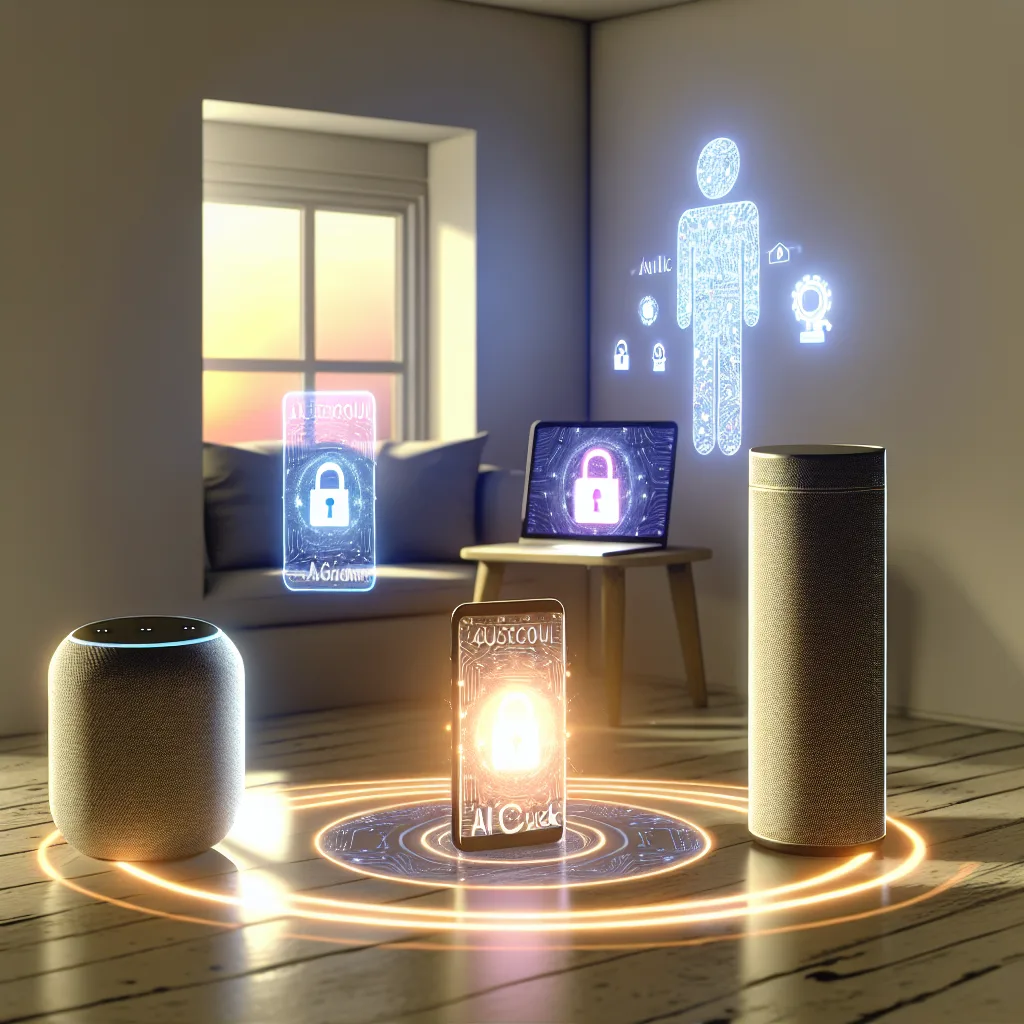A friendly dive into Google’s latest AI-powered security features and smart home upgrades
We’ve all come to expect a bit more from our tech every year, right? Well, Google just announced some new AI and cybersecurity upgrades that caught my attention, and I thought it might interest you too. Let’s talk about these changes, what they mean for us, and why they might matter more than you think.
What’s New with Google AI Security?
First off, the big headline is Google’s push to make your online life safer and simpler with something they’re calling “Google AI security.” This isn’t just about adding new tools; it’s about smarter automation that works behind the scenes.
For Google Drive users in Workspace, they’ve introduced AI-powered ransomware protection. Imagine this: if the system spots anything fishy—like suspicious file activity—it will automatically pause file syncing. That means it stops a potential ransomware attack dead in its tracks by isolating the threat. You don’t have to manually spot the problem or scramble to fix it. Plus, you can cleanly restore your files afterward without the usual hassle.
On the password front, Chrome’s Password Manager is stepping up too. It will soon be able to automatically change your passwords if they show up in a data breach. The AI will actually navigate the website, come up with a strong new password, update your saved passwords, and make sure everything stays secure—all without you lifting a finger. It’s like having a personal digital bodyguard for your online accounts.
These updates aren’t just cool tricks; they represent a more proactive and less hands-on approach to security. To read more about these features, check out IT News on Google Workspace’s ransomware detection and NotebookCheck’s article on Chrome Password Manager.
Smarter Homes and Phones: Gemini and Computer Control
On the smart home front, Google’s Assistant is getting a major upgrade with something called Gemini. What this means for you is more natural conversations with your devices, better context awareness, and more intuitive control over your smart home gadgets. This upgrade will roll out across nearly all Google smart home devices from the past decade. If you want a peek into this, TechRadar has a useful guide on getting early access to Gemini.
Then there’s an exciting development for Android users: the introduction of a feature called Computer Control. This allows AI agents to run in the background and perform complex, multi-step tasks within your apps. Think of it as an assistant that can book your appointments, handle your emails, or manage app functions all automatically. It’s like giving your phone a smart little helper who can ‘use’ your apps as you would. Android Authority wrote a detailed piece on this called Android’s new Computer Control feature.
What Does This Mean for Us?
Looking at these updates, it’s clear that Google wants to create an ecosystem where technology isn’t just smart—it actively protects and simplifies our digital lives. Having an AI automatically secure your passwords or handle multi-step tasks can save a lot of time and reduce stress.
But I also get why some might feel a bit wary. Putting this much control and data into one ecosystem raises questions about privacy and how much control we really have. It’s a bit of a trade-off—convenience and security improvements versus handing over a good chunk of your digital life to automation.
So, where do you land on this? Are these upgrades something you’d welcome in your daily tech use, or does the idea of AI managing so much make you pause? I’m curious to hear your thoughts!
Today’s technology feels like it’s stepping closer to being an active partner in our lives, not just a tool. Google’s new AI security and smart home updates are an interesting glimpse into that future.
Thanks for chatting about this with me—if you want to dive deeper, the linked articles above are great resources to explore more on these innovations.
